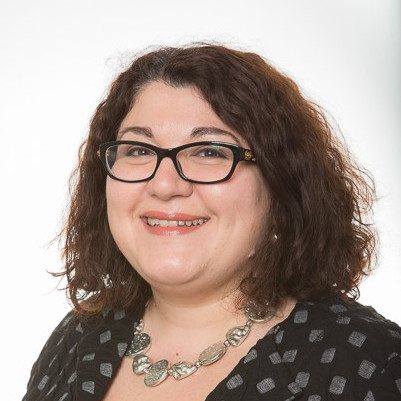
Panellist: pre-European Conference episode Culture and the public at a turning point
Eleonora Belfioire is Professor of Communication and Media Studies at Loughborough University, UK. She has published extensively on cultural politics and policy, and particularly the place that notions of the ‘social impacts’ of the arts have had in British cultural policy discourses. For Palgrave she has published, with Oliver Bennett, The Social Impact of the Arts: An intellectual history (2008), she co-edited with Anna Upchurch a volume entitled Humanities in the Twenty-First Century: Beyond Utility and Markets (2013), and with Lisanne Gibson the volume entitled Histories of Cultural Participation, Values and Governance. More recently, her research has focused on researching the politics of cultural value, and she was Director of Studies of the Warwick Commission on the Future of Cultural Value (2013-5), and co-author of its final report, Enriching Britain: Culture, creativity and growth, published in February 2015.
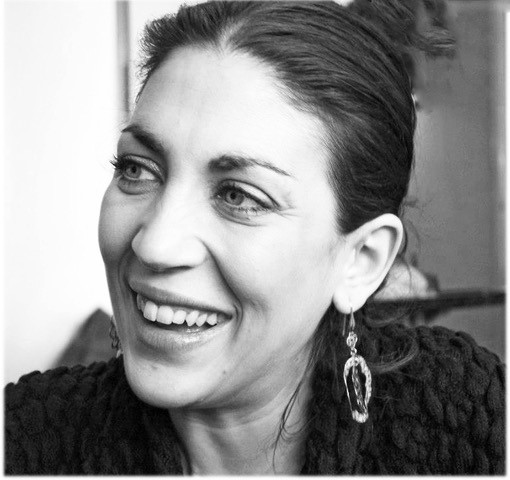
Panellist: pre-European Conference episode Culture and the public at a turning point
Giuliana Ciancio is cultural manager, curator, researcher and lecturer - deals with live performing arts, international programming and cultural policies in Europe. In her career she has worked on creating and managing large-scale cultural cooperation projects at national and international level. Currently, she is the co-curator and project manager of the EU funded large-scale cooperation project Be SpectACTive; PhD candidate at the University of Antwerp (Belgium) within the C.C.Q.O (Cultural Commons Quest Office); co-founder and board member of the Italian based organization Liv.in.g. (Live Internationalization Gateway).
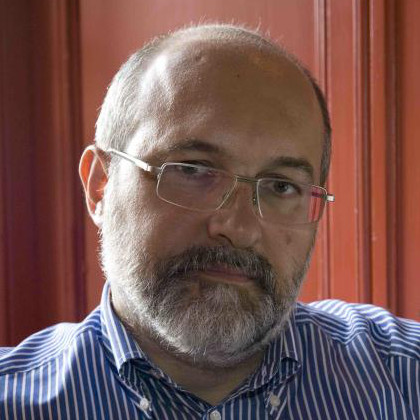
Panellist: pre-European Conference episode Culture and the public at a turning point
Pier Luigi Sacco is Professor of Cultural Economics, IULM University Milan; Co-Director of the Computational Human Behavior (CHuB) Lab of Bruno Kessler Foundation, Trento, and Senior Researcher, metaLAB (at) Harvard. He is the Special Adviser of the European Commissioner for Education and Culture, member of the Europeana Research Advisory Board, of the Advisory Council for Research & Innovation of the Czech Republic, and of the Advisory Council of Creative Georgia. He works and consults internationally in the fields of culture-led local development, policy design and evaluation, and is often invited as keynote speaker in major cultural policy conferences worldwide.
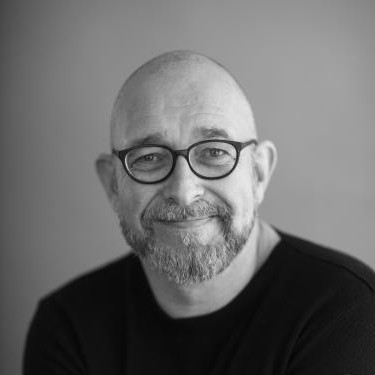
Chair: pre-European Conference episode Culture and the public at a turning point
Niels Righolt is a culture advisor, process facilitator, speaker, trainer and cultural management consultant. As the director of CKI - The Danish Centre for Arts & Interculture he is leading a team promoting cultural democracy and a culturally diverse environment within the arts and culture scene. Focus being on the development of adequate and innovative audience strategies, participation formats, co-creation methods and intercultural awareness. He has a broad background and experience from more than 25 years in the arts field as a.o. artistic and managing director, curator, political advisor and head of communication within a variety of cultural institutions, public bodies and organisations. He joined CKI back in 2009 and became its director in 2011.
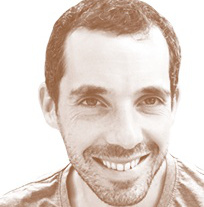
Panellist: European Conference episode Culture's place in our lives
Nicolas Barbieri holds PhD in Political Science, and is a researcher at the Public Policies and Government Institute and adjunct lecturer at the Department of Political Science, Universitat Autònoma de Barcelona (UAB). His main research area is policy analysis and evaluation, particularly in the field of cultural policy, cultural rights and inequalities. He is co-author of the first Survey of cultural participation and cultural needs in Barcelona. He has published books, chapter books and papers in international journals, available at link. He is the author of the blog http://ubicarse.net
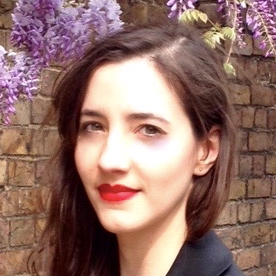
Panellist: European Conference episode Culture's place in our lives
Damasos’ work examines the intersections between culture, politics and international affairs. Specifically, her research focuses on the processes through which cultural policies and practices support (or reject) the movement from state-centred to transnational forms of participation, governance and belonging. A former Cultural and Foreign Policy expert for ifa, the German Institute for Foreign Cultural Relations, she is now a Lecturer in Culture, Media and Creative Industries Education at King’s College London. She also teaches Cultural Diplomacy at the Institut Catholique de Paris and works as an expert on a project around values, identities and policymaking for the Joint Research Centre of the European Commission.
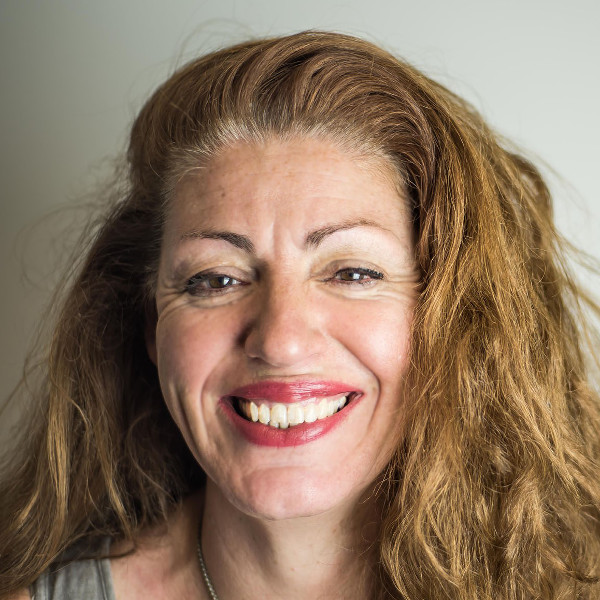
Panellist: European Conference episode Culture's place in our lives
Anne Torreggiani is founder and Chief Executive of The Audience Agency, the UK national charity for public engagement with arts, museums and heritage, enabling reach, relevance and resilience across the sector. She is also the Co-Director of the AHRC funded “Centre for Cultural Value” based at the University of Leeds. She has been influential over three decades, improving practice and advocating for change in the cultural sector, especially in terms of encouraging a people-centred approach and in the use of data and other evidence in the development of policy and practice. Prior to Audiences London and The Audience Agency she was director of marketing and audiences with numerous UK cultural organisations - local authorities, theatres and festivals and then as a consultant, facilitator and adviser for agencies such as Arts Council England, British Council, the European Commission. Anne is a specialist in audience strategy, trends and patterns of public engagement and works across all artforms and museums and has special interests in the use of data especially for cultural democracy, human centred design and organisational change in social enterprises.
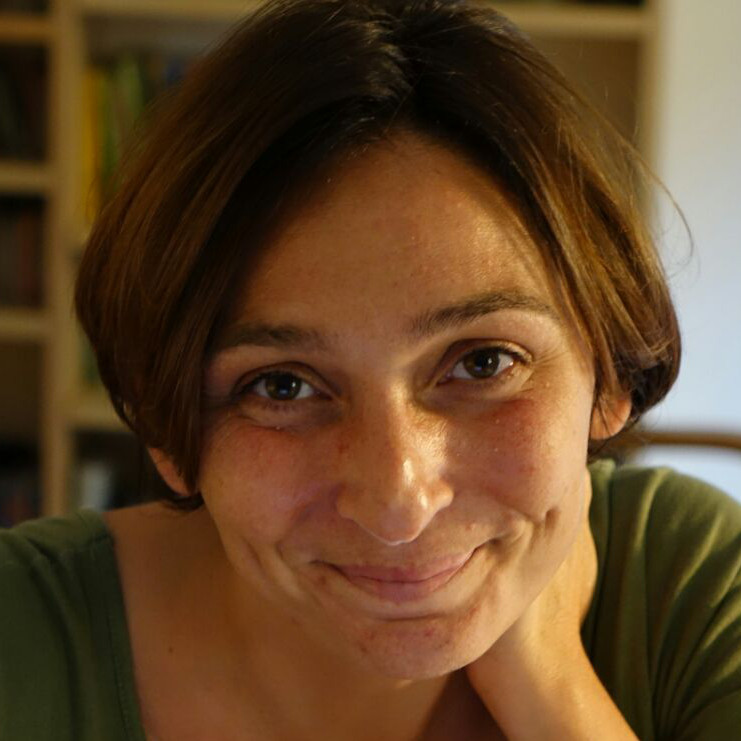
Chair: European Conference episode Culture's place in our lives
Alessandra Gariboldi is a senior researcher and adviser in the fields of visitor studies, cultural programmes and policies evaluation, with a primary focus on audience engagement and participatory approaches. She is Head of Transnational Projects of Fondazione Fitzcarraldo, and collaborates with the Cultural Observatory of Piedmont, Italy. She’s been involved as researcher and trainer in several EU funded projects focused on cultural participation, as ADESTE, CONNECT and Be SpectActive, and designed the two years capacity building programme in AD for the European Capital of Culture Rijeka2020. At the national level, she contributed to several research and capacity building programmes focused on urban regeneration through the arts, cultural entrepreneurship and arts impact evaluation, working with both cultural institutions and independent cultural organisations. She is passionate about arts and strongly believes they must be at the very heart of social development. She wrote essays or contributed to many publications on visitor studies and impact evaluation of cultural policies.
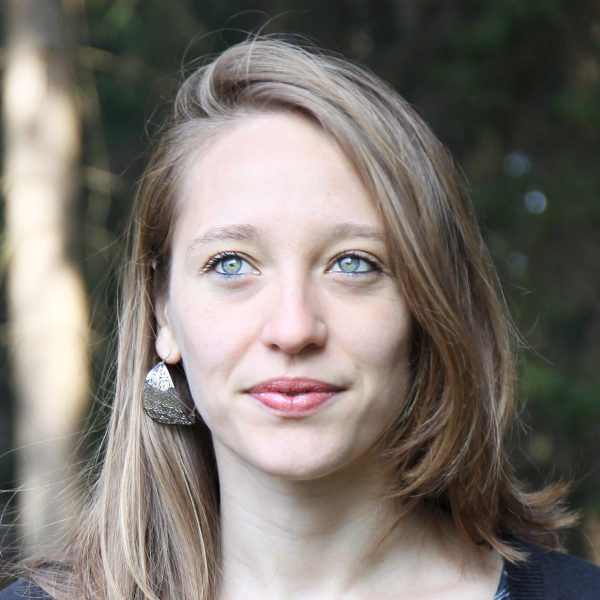
Long Table Moderator: European Conference episode Culture's place in our lives
Valentina Montalto has ten years of professional experience, combing work in the private sector as researcher and project manager, and in the public sector as policy analyst, with a focus on the potential of culture for economic and social well-being. Her research interests lay in a) developing metrics to capture the economic and social value of culture; b) advising policies at all levels – local, national, European – that can help make the most of culture to empower citizens and foster new economies. Valentina currently works at the Joint Research Centre of the European Commission, where she is in charge of the development of the ‘Cultural and Creative Cities Monitor’ project. She previously worked at the Brussels-based research and advisory company KEA where she extensively worked on multiple research assignments and policy-oriented reports to assess European cultural statistics, for instance, or culture’s impacts on local development, on behalf of both European institutions and city authorities. On YouTube her TEDxTalk on how to measure the value of culture in European cities.
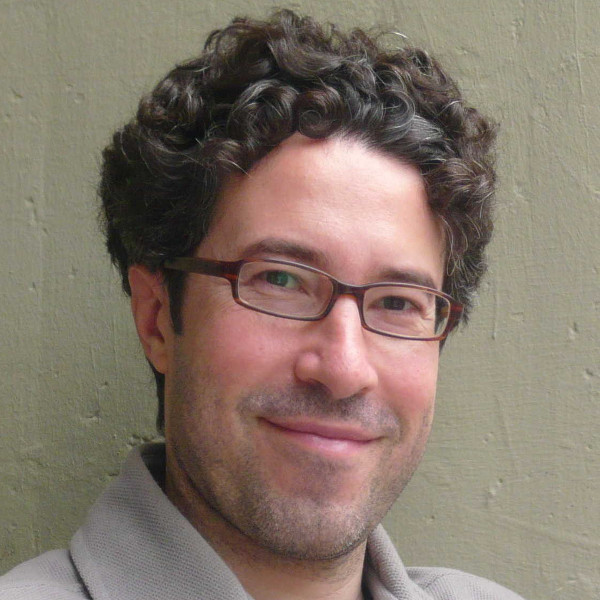
Long Table Moderator: European Conference episode Culture's place in our lives
Jordi Pascual is the founding coordinator of the Committee on culture of the world organisation of United Cities and Local Governments (UCLG). He has published books, articles and reports on cultural rights, international cultural relations, culture and sustainability and the governance of culture, which have been translated to more than 20 languages. Some examples: "Cultural rights, local cultural policies and sustainable development. Looking for a coherent narrative" (Journal of Law, Social Justice and Global Development, 2018), "Culture as the fourth pillar of sustainable development: the best is yet to come" (Economia della cultura, 2016), "Rio+20 and culture: advocating for culture at the centre of sustainability" (UCLG, 2012), "Culture and sustainable development: institutional innovation and a new cultural policy model" (UCLG - UNESCO, 2009), "On citizen participation in local cultural policy development for European cities" (European Cultural Foundation, 2007), or "Third system: arts first! Local cultural policies, third system and employment" (European Commission, 1999). Jordi has been a member of the jury of the European Capital of Culture and teaches cultural policies and management at the Open University of Catalonia.
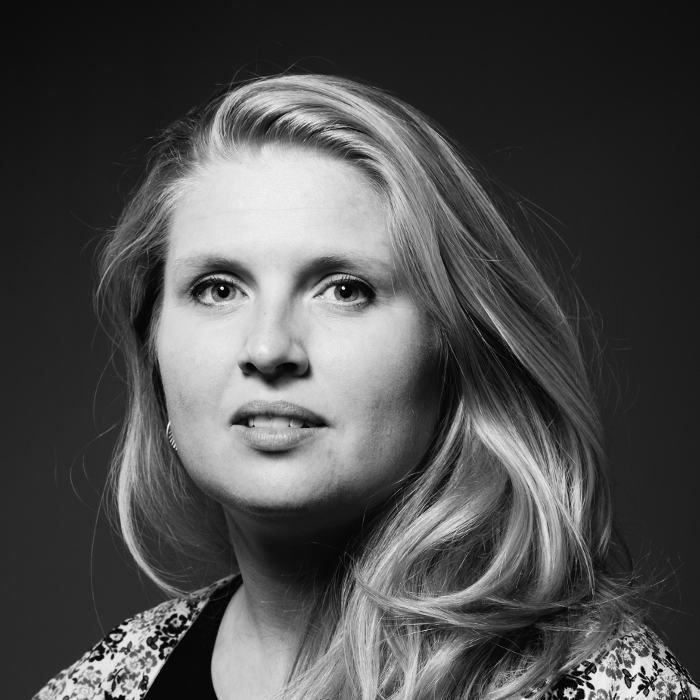
Long Table Moderator: European Conference episode Culture's place in our lives
Lene Struck-Madsen, project manager for Applaus - a national audience development project in Denmark, that aims to help the Danish performing arts industry reach a larger and more diverse audience. Lene has a master's degree in Dramaturgy and has previously been employed as communications manager at BaggårdTeatret, where she has developed new digital communication formats.
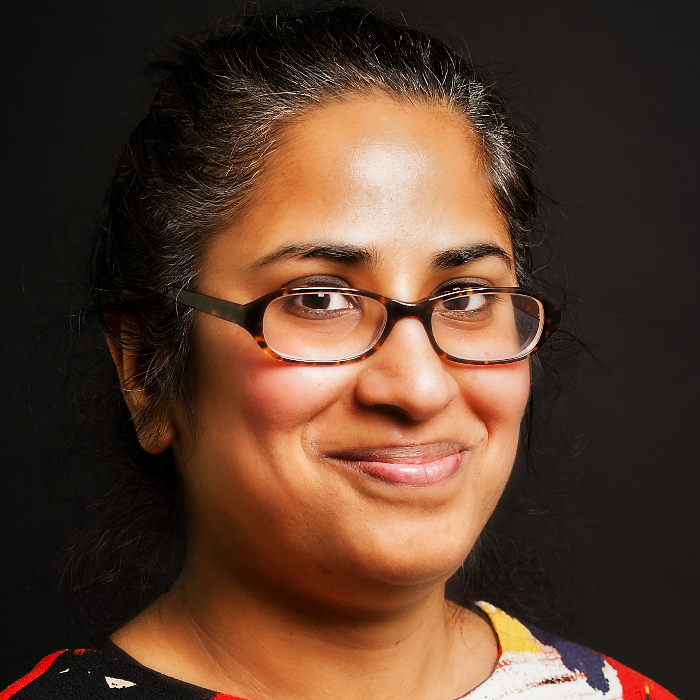
Panellist and Long Table Moderator: European Conference episode
A new vision for culture? Integrity, direction and relevance.Sajida is Director of Operations and Development at Creative Black Country based in the West Midlands, UK. Her role is about making the most of the Black Country through Arts and Culture. Championing unique collaborations with key stakeholders and leading initiatives which encourages local people to have a say in what they want to see and do. She has been part of Creative Black Country since 2014. Prior to this, her previous roles focussed on widening audiences at Wolverhampton Arts & Museums Services and the National Trust properties within the West Midlands portfolio. She is also a board member of Centrala, Birmingham Hippodrome and Paycare.
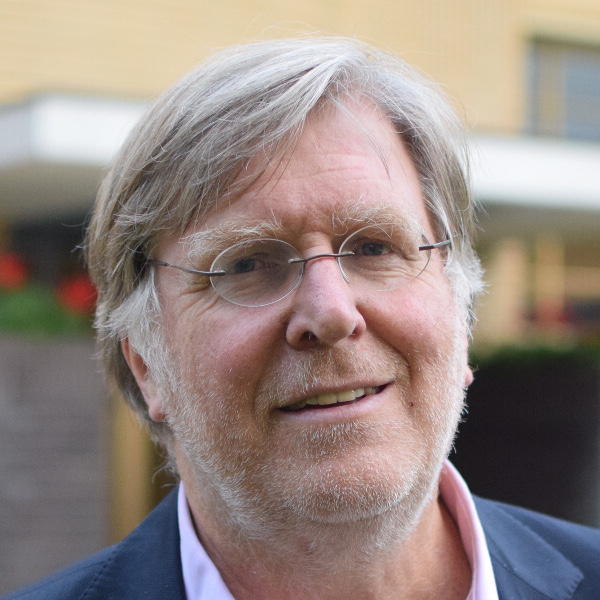
Panellist: European Conference episode
A new vision for culture? Integrity, direction and relevance.Arjo Klamer is professor of cultural economics at the Erasmus University. In Doing the Right Thing: A Value Based Economy (2017) he develops a value-based approach to the economy in general and the arts and culture in particular. Among his topics are the evaluation of cultural, social and economic impact of the arts, cultural entrepreneurship, financing of the arts, the humane economy, purpose, craftmanship.
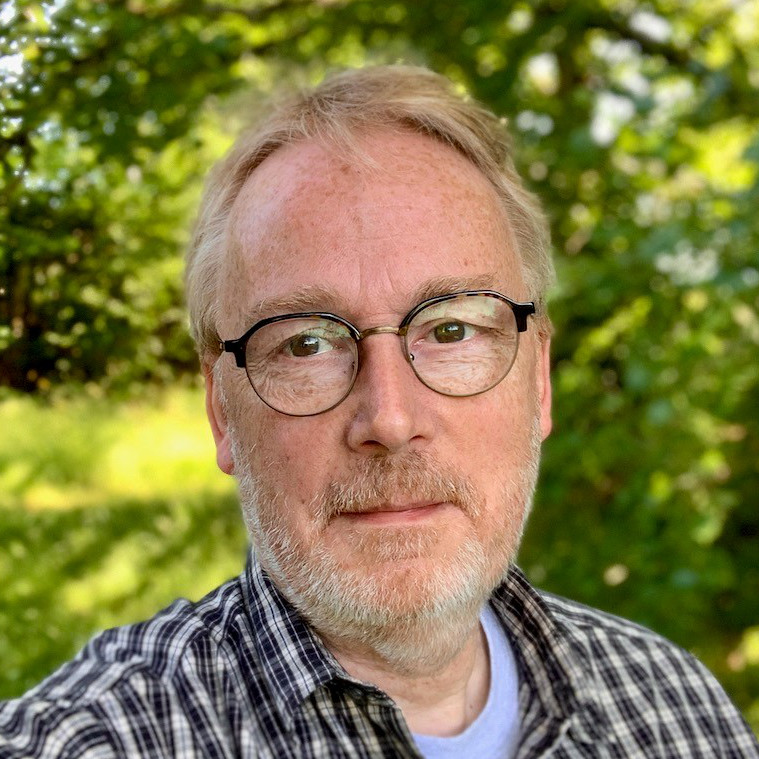
Panellist and Long Table Moderator: European Conference episode
A new vision for culture? Integrity, direction and relevance.François Matarasso is a community artist, writer and researcher. Between 1979 and 1994 he worked in theatre and visual art with communities in the UK. He subsequently began to explore the theory, experience and outcomes of people’s participation in art through research, such as Use or Ornament? (1997). His work has been widely published and translated. He has served as trustee of NESTA, Arts Council England and the Baring Foundation and held honorary professorships in the UK and Australia. He combines community arts practice with research and writing, in many countries, from Colombia to Kyrgyzstan. Between 2011 and 2015 he produced a series of short books on undervalued areas of cultural life under the collective title Regular Marvels. His latest book A Restless Art, How participation won and why it matters, was published by the Calouste Gulbenkian Foundation in 2019. He is a partner in TRACTION, a Horizon 2020 project linking community opera and digital technology. www.parliamentofdreams.com
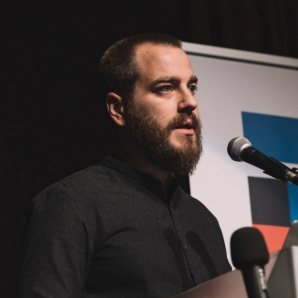
Panellist: European Conference episode
A new vision for culture? Integrity, direction and relevance.Goran Tomka is a researcher and lecturer in the field of audience studies, new media, cultural diversity and cultural policy and management. He is assistant professor at the TIMS Faculty from Novi Sad, and UNESCO Chair in cultural policy and management from Belgrade, Serbia. He holds a doctoral degree in culture and media studies from the University of Arts in Belgrade. Outside academia he is active as consultant, trainer, critic and advocate: he was a trainer in Al Mawred Abbara programme for capacity building in the Arab region; a coordinator of long-term cultural planning of the city of the Novi Sad European capital of culture 2021 and a national author of European Council’s Compendium for cultural policies. His latest book “Audience Explorations: Guidebook for Hopefully Seeking the Audience” was published in 2016 by international theatre network IETM, Brussels.
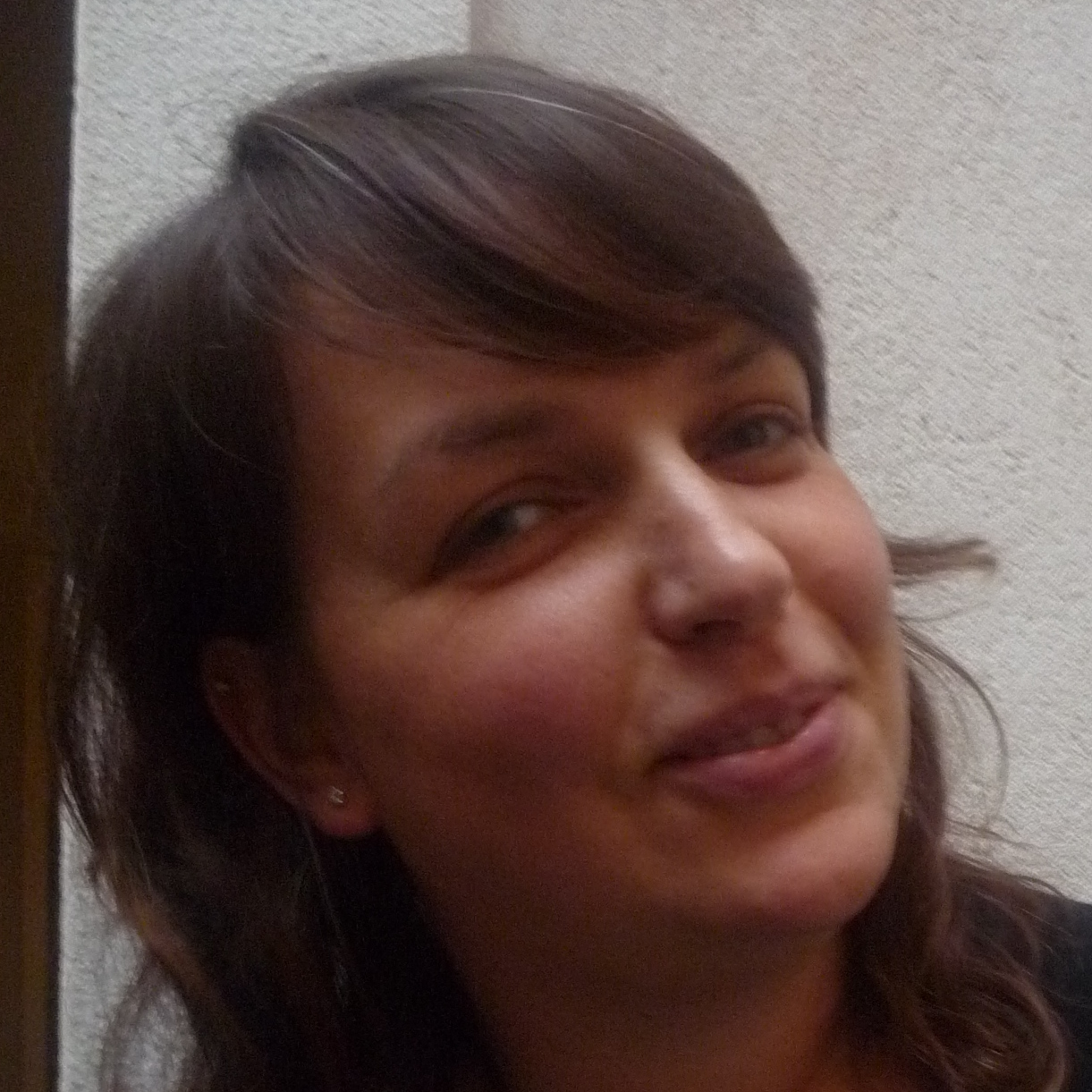
Panellist: European Conference episode
A new vision for culture? Integrity, direction and relevance.Ana Žuvela is a Researcher at the Institute for Development and International Relations. Originally a concert pianist, Ana holds a Master of Arts in Cultural Policy and Arts Management from the University College Dublin and is a PhD candidate at the University of Zadar. Ana has over twenty years of professional experience in the field of culture, encompassing management and coordination of cultural artistic and scientific projects, consultancy and advocacy in decision-making processes, engagement in public authorities and government bodies, non-governmental cultural organizations and cultural institutions leadership positions in projects of international cultural cooperation encompassing cooperation with the supra-national, national and local authorities and organisations such as European Parliament, European Commission, Council of Europe, UNESCO, Ministry of Culture of the Republic of Croatia, “Kultura nova” Foundation, City of Dubrovnik, City of Zagreb, City of Rijeka etc. Her research interests include development and change of cultural policies, local cultural development, decentralization of cultural policy, devolution of authority in the processes of decision-making, as well as new and participatory models of cultural governance. She regularly publishes scholarly and expert books, articles, papers and delivers lectures at conferences worldwide.
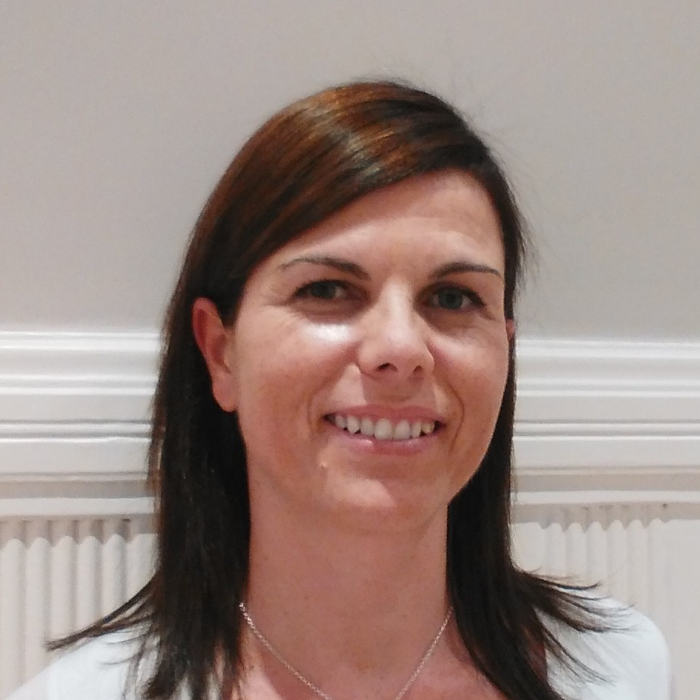
Chair: European Conference episode
A new vision for culture? Integrity, direction and relevance.Macarena Cuenca was a business consultant at a multinational firm and since the academic year 2009/2010 works at the University of Deusto (Bilbao, Spain). She is a member of the Management Department at Deusto Business School, where she lectures Strategy and Business Organization related subjects both in undergraduate and postgraduate programmes. She is also part of the research team of the Institute of Leisure Studies (Faculty of Social Sciences and Humanities, University of Deusto), where she did her PhD in audience development for opera houses in 2012. Since 2013, she has been working in European projects related to audience development: ADESTE (2013-2016), EngageAudiences (2016), CONNECT (2017-2019) and ADESTE+ (2018-2022). In the case of CONNECT, Macarena was the project leader and, as a result of this project, the postgraduate “Expert in Audience Strategy”, a pioneer training programme for cultural practitioners in Spain, was added to the University’s offer. Macarena is a regular visiting lecturer on the Master's degree programme in Cultural Management at the Estonian Academy of Music and Theatre (Tallin, Estonia), where she teaches Audience Development. She works as a reviewer with several academic journals and as a member of scientific committees at congresses on a regular basis, has given papers at numerous congresses and is the author of articles published in indexed specialist journals.
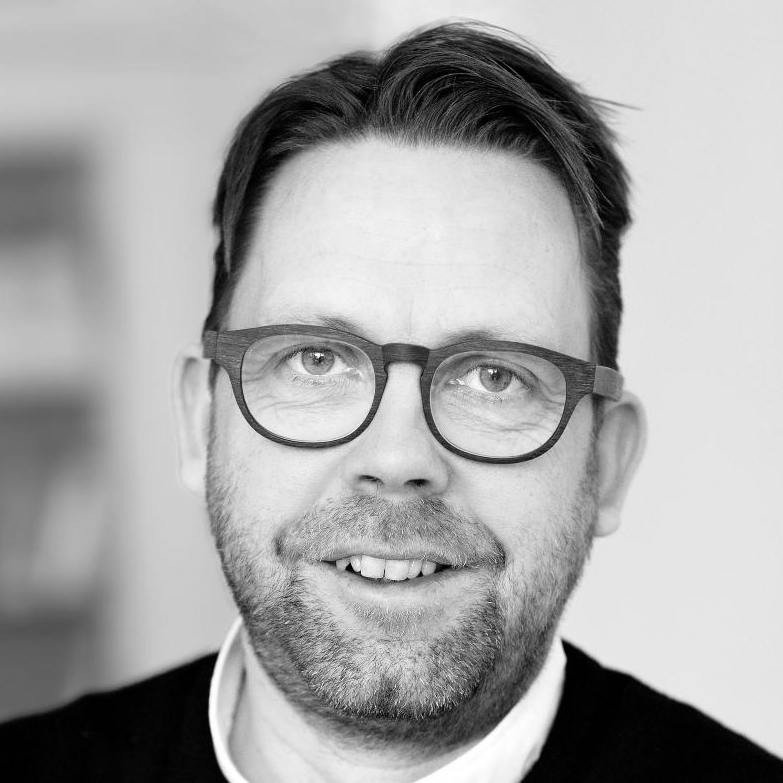
Long Table Moderator: European Conference episode
A new vision for culture? Integrity, direction and relevance.Philipp Dietachmair (Gmunden, Austria) is a specialist in the field of European cultural relations. He has been working in the area of cultural philanthropy for more than fifteen years and currently is Head of Programmes at the European Cultural Foundation (ECF) in Amsterdam. Philipp has graduated with a research on political aspects of arts and culture in the 1960s at the University of Vienna. He holds a degree in European Arts Management from the Utrecht School of the Arts. Before moving to the Netherlands, he coordinated development projects in Bosnia & Herzegovina and organised music events in post-war Sarajevo. Since joining the ECF, he has developed most of the foundation’s support programmes for new cultural initiatives in Central Eastern Europe, Ex- Yugoslavia, Russia, Ukraine, Moldova, Belarus, Turkey and North Africa. Together with NGO partners from all over Europe, Philipp has created the Tandem cross-border collaboration programmes for cultural workers and community activists from inside and outside the EU. He has been involved in a number of field studies and book projects that analyse the role of culture and autonomous art spaces in civil society development, such as Another Europe or The Art of Civil Action – Political Space and Cultural Dissent, edited together with Pascal Gielen.
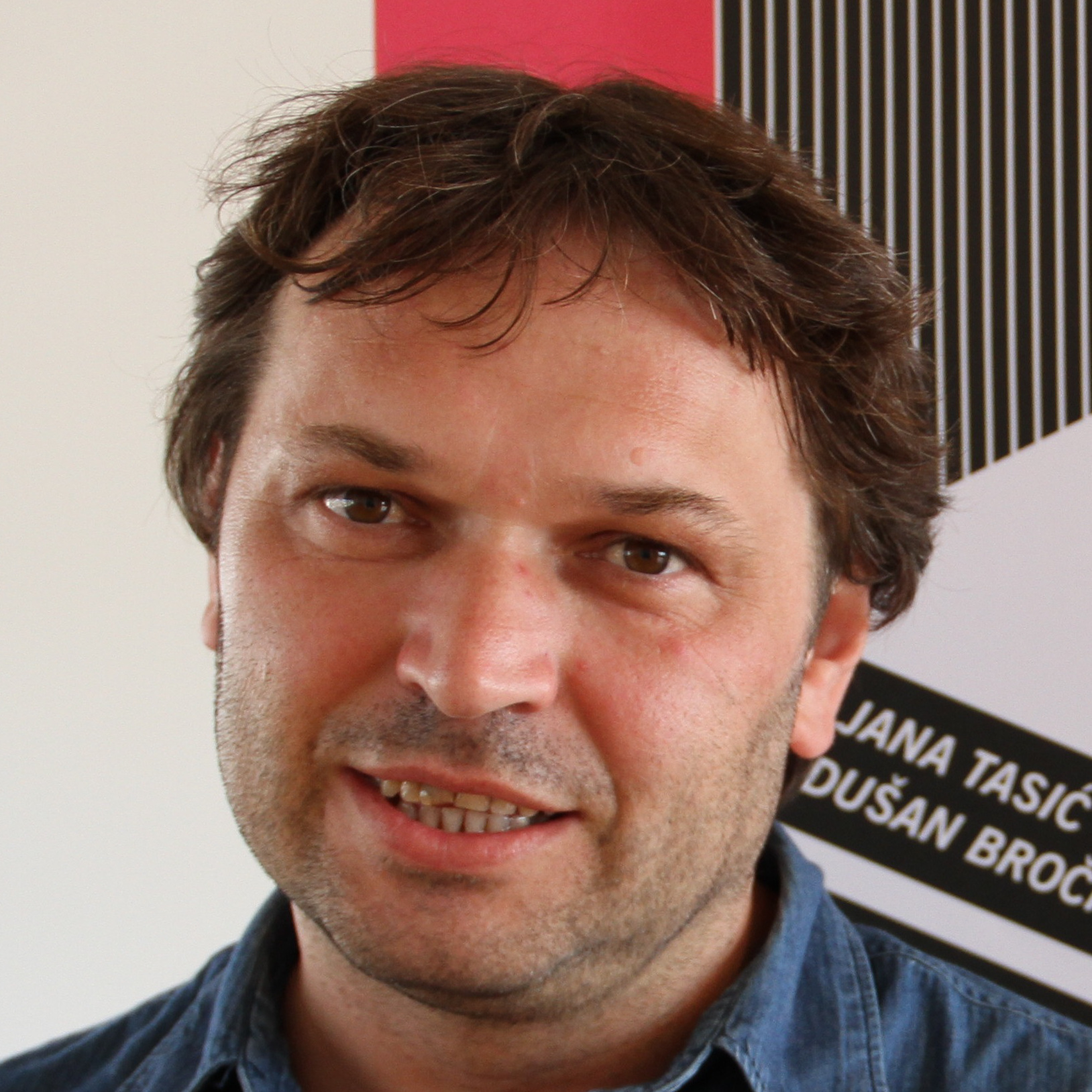
Long Table Moderator: European Conference episode
A new vision for culture? Integrity, direction and relevance.Davor Mišković is a cultural worker from Rijeka (Croatia). He is a Director of the non-profit organization Drugo More, where his work ranges from program selection to executive production, including fundraising and PR. He is also working as a researcher of the cultural sector, actively participating in the creation of cultural policies and the management of cultural institutions and networks. From 2009 to 2016 he was a President of the national cultural network Clubture and he was leading teams that created cultural strategy in the region of Istria and in the cities Pula, Labin and Pazin. He holds an MA in sociology from the University of Zagreb. He has published more than 50 articles for cultural magazines and in 2013 he published a book Research in Culture. He was working at the Ministry of Culture (1997 - 2004) and was a part-time associate in a number of cultural associations, market research agencies, daily papers and magazines.
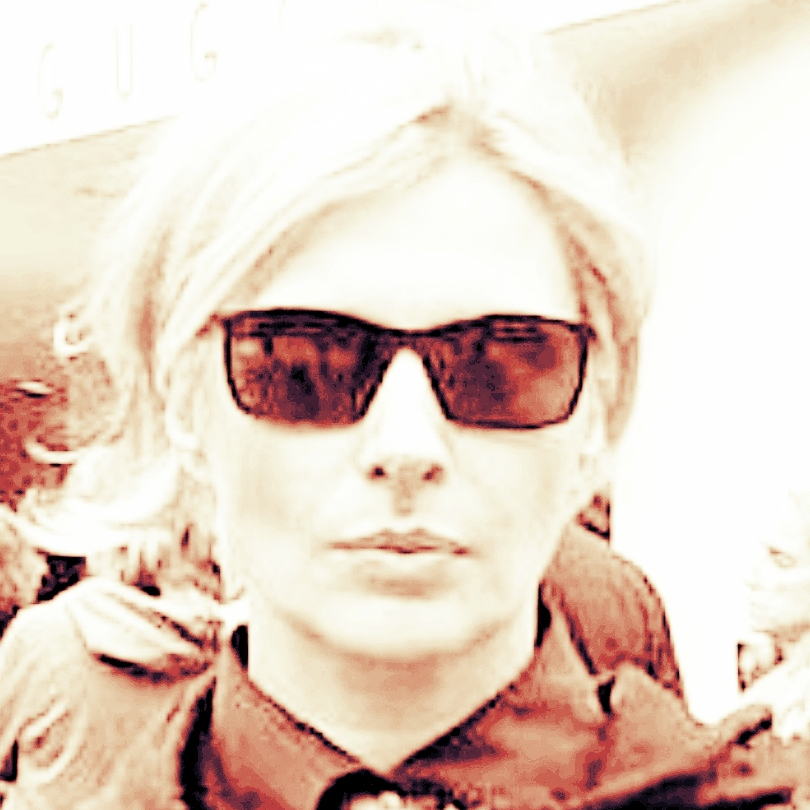
Long Table Moderator: European Conference episode
A new vision for culture? Integrity, direction and relevance.Lana Pavlović Aleksić is culturologist and independent scholar. Main fields of her research are cultural critique theories. Particular attention is on the critique of policies, praxis and implications of institutional usages, interpretations and representations of culture in the age of digital culture and AI. She graduated History of Art from the Faculty of Philosophy of the Belgrade University (Serbia), holds MA diploma from UNESCO`s Chair in Cultural Policy and Cultural Management of the Belgrade University of Arts. She gained her PhD from the Department of Ethnology and Anthropology of the Faculty of Philosophy at Belgrade University with dissertation: UNESCO Mission and Shifts in the Concept of Culture Between 1945 to 2015 from an Anthropological Perspective. Academic education intervened with more than twenty years of employment with research for dissertation became a retrospective field of participant observation. Hence, Lana was non-partisan civil servant & bureaucrat in the field of culture at the administration of the City of Belgrade for almost nine years. She is the author of several scientific articles and one monography.
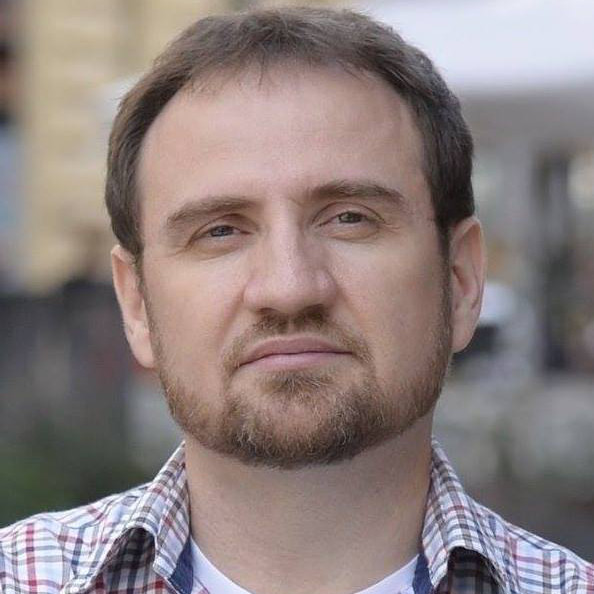
Panellist: European Conference episode
The cultural institution – what needs to change?Teodor Celakoski is a cultural worker and activist. He graduated in Philosophy and Comparative literature from the Faculty of Humanities and Social Sciences, University of Zagreb. As of early 2000s he is engaged with cultural policies and institutional innovation in culture. He is a co-founder of Multimedia institute and socio-cultural centre Mama, he initiated Clubture – network for actors of independent culture, Zagreb Centre for Independent Culture and Youth Pogon – institution founded as civil-public partnership, and Kultura Nova Foundation – public institution providing support to CSOs in the field of contemporary arts and culture. Through initiative Right to the City he is engaged in defending public spaces as well as public and communal infrastructure. In 2014 he won the Princess Margriet Award, an international award for culture awarded by European Cultural Foundation. As of 2017 he is active in political life on municipal level through platform Zagreb je NAŠ! and from 2019 through national political platform Možemo!.
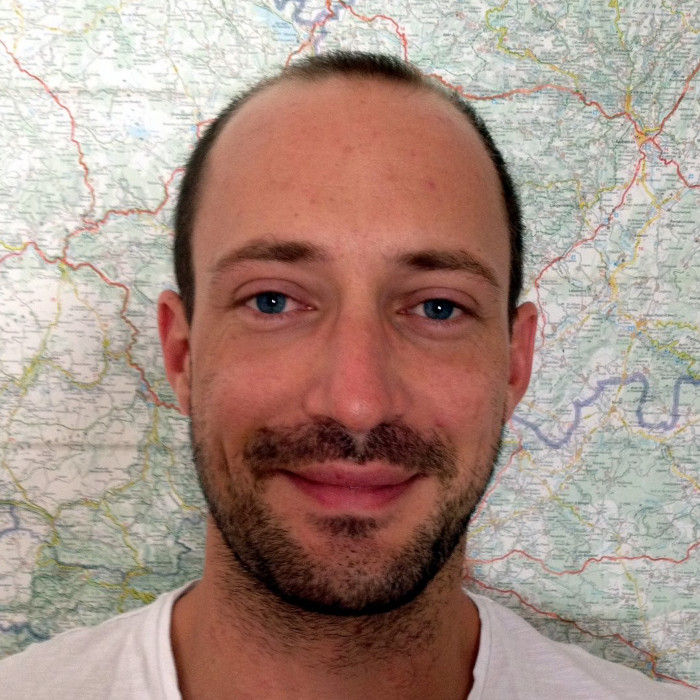
Panellist: European Conference episode
The cultural institution – what needs to change?Félix Dupin-Meynard is researcher and consultant in political science. Over the past ten years, he has worked on numerous projects of research, action-research and evaluation for public institutions and non-profit organizations. He mainly works on cultural policies and strategies, but also on citizen participation, social policies, territorial dynamics and gender inequalities. He is currently working at the CEPEL (CNRS), in the framework of the research project UNCHARTED on the social values of culture in Europe, and teaches at the University Paul Valéry in Montpellier.
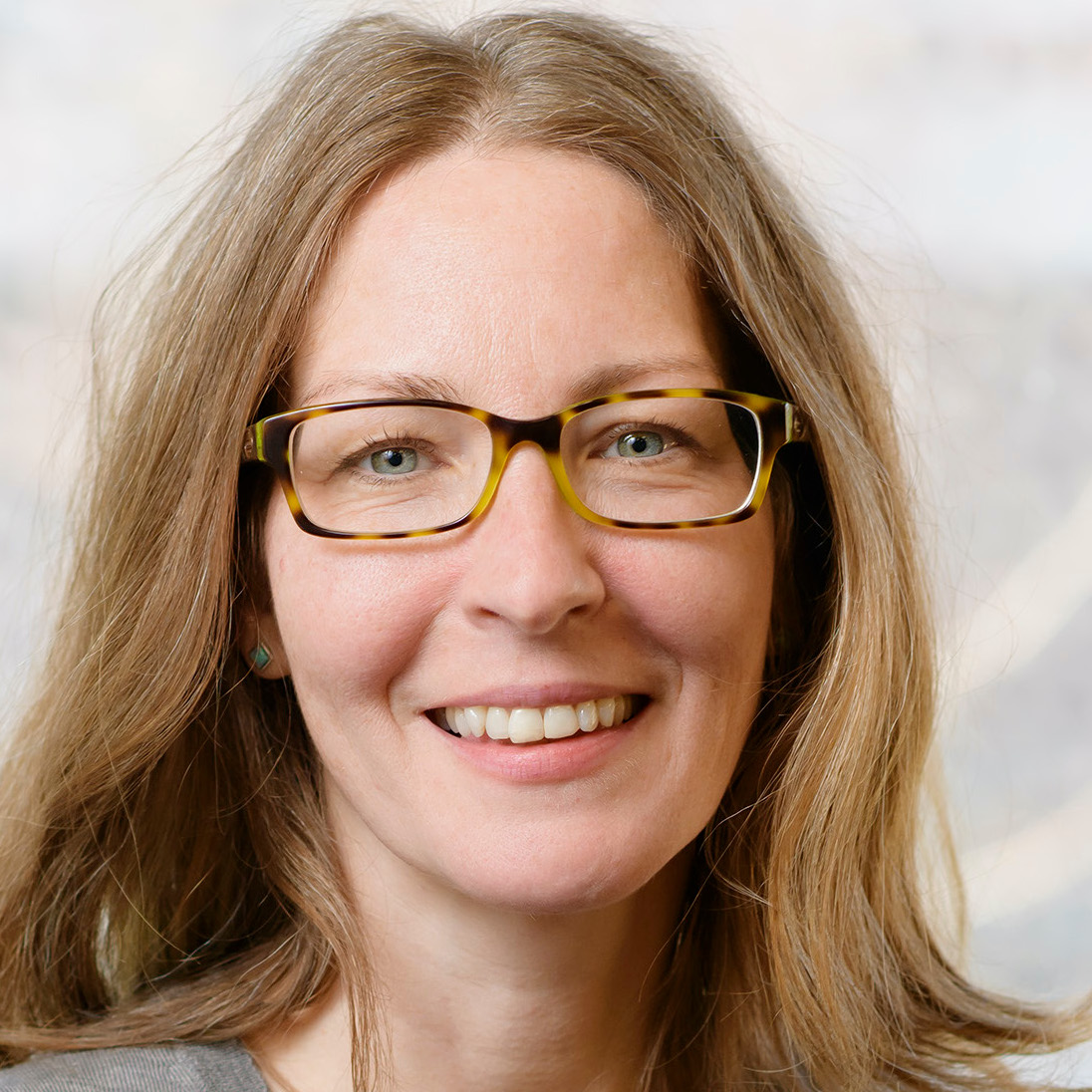
Panellist: European Conference episode
The cultural institution – what needs to change?Dr Victoria Durrer is a specialist in cultural policy. Her research explores issues of cultural voice and representation in the practices and policies of national and local cultural institutions and government bodies. Developing research projects with stakeholders is key to her studies. She is co- founder of Brokering Intercultural Exchange, an international research network on arts and cultural management, and the all-island research network, Cultural Policy Observatory Ireland. She is contributor and co-editor of the Routledge Handbook of Global Cultural Policy. Her most recent publication is Managing Culture: Reflecting on Exchange in Global Times in the Palgrave Sociology of the Arts series. She has ongoing projects examining cultural policy making in local government, the relationship of the arts to societal reconciliation in Northern Ireland, and cross border cultural policy making on the island of Ireland.
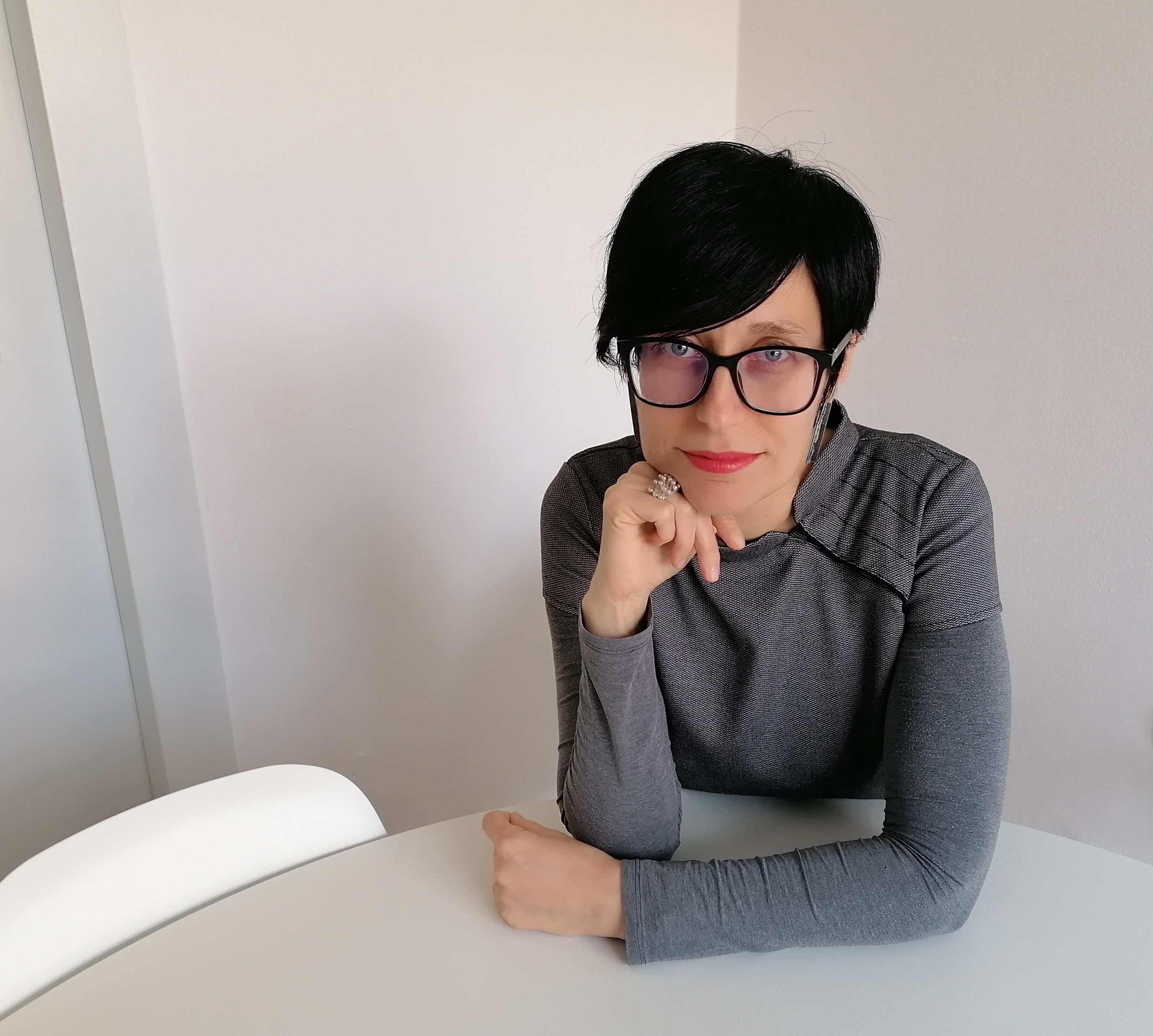
Chair: European Conference episode
The cultural institution – what needs to change?Dea Vidović is a Director of Kultura Nova Foundation, a public foundation dedicated to civil society organizations in contemporary arts and culture in Croatia. She graduated in Comparative Literature and Indian Studies and earned a PhD in 2012 from the University of Zagreb’s Faculty of Humanities and Social Sciences. For more than twenty years of her professional engagement in culture & cultural policy, civil society and philanthropy, she worked as a manager, editor, journalist and researcher. She is currently an ENCATC Board member, Vice-Chair of Arts & Culture thematic network of EFC – European Foundation Centre as well as Advisory Board member of OpenHeritage project.
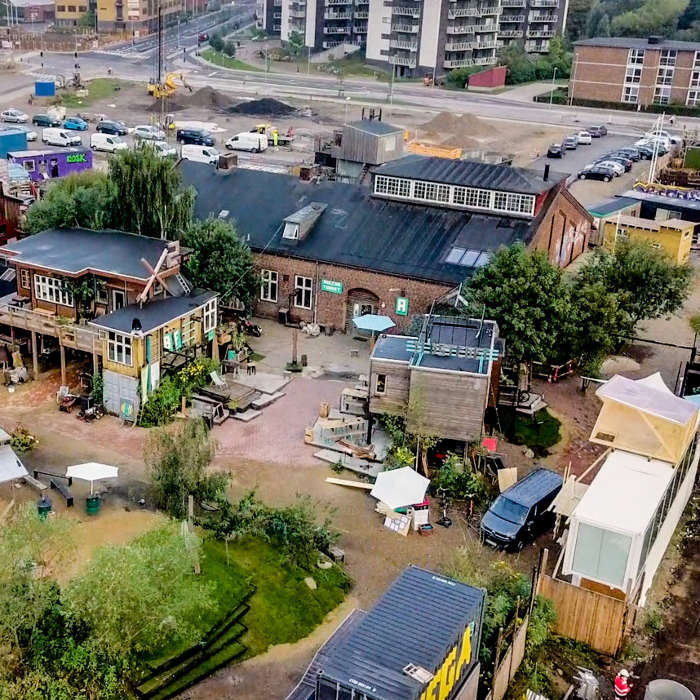
WorkLab Governance Practice Presenter:
European Conference episode
The cultural institution – what needs to change?Institut for (X) is characterised by a diverse blend of cultural productions, small and medium sized businesses and recreational functions available to the public. Currently the area contains 600 members, 90 studios and workshops, 43 creative businesses and 15 associations. The minimal administration pertains to 4 half-time staff. If(X) is structured as a self-managed and self-built environment and a city within the city, containing activities that are referring outward as well as inwards. The many users actively collaborate in a supportive network in a hands-on environment, inviting everyone to use and co-produce it. In this sense If(X) is continuously redefined by and adapted to the needs and activities of its members.
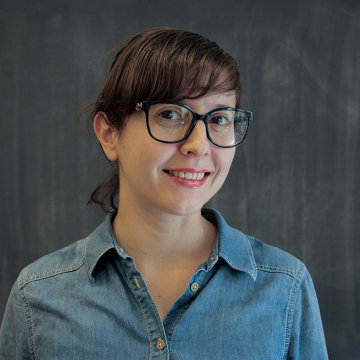
WorkLab Governance Practice Presenter: European Conference episode
The cultural institution – what needs to change?Janja Sesar has been the Director of Pogon – Zagreb Centre for Independent Culture and Youth since 2017. She graduated in Croatian and German Language and Literature from the Faculty of Humanities and Social Sciences in Zagreb and earned a Master’s Degree in Cultural and Media Management from the Free University in Berlin. She worked as a Coordinator at Alliance Operation City and was the Editor and Manager of Kulturpunkt.hr, an Internet portal for independent culture, contemporary art and civil society. In the past fifteen years she has participated in the organization of various national and international cultural projects, including the presentation and organization of the “New Tendencies“ exhibition at Zentrum für Kunst und Medientechnologie (ZKM) in Karlsruhe. She has participated in various conferences, workshops and seminars, both as a speaker and moderator, and has received several scholarships from the German Service for Academic Exchange (DAAD). She was invited by the US State Department to take part in the International Visitors Leadership Programme in 2014, as well as to the Cultural Diplomacy Platform organized by the European Commission on Malta in 2016.
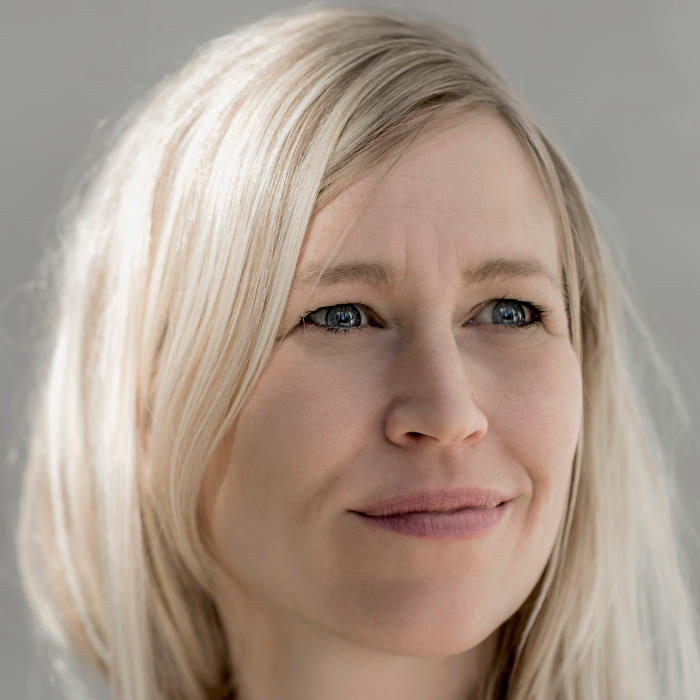
Panellist: European Conference episode
Rethinking participation strategicallyLise Korsgaard is the Deputy Director and Head of Communications at SMK. She has worked with dissemination and communication of art and culture from a management perspective at SMK since 2011 and, prior to this, at the Golden Days secretariat in Copenhagen. Lise has also worked as a consultant in cultural communication in addition to developing and holding courses on the subject as part of the Danish museums’ continuing education programme. She holds an MA in Communication and History from Roskilde University (2005), specialising in museum dissemination, education and learning. She also holds an Executive Master in Corporate Communication from Aarhus University (2011).
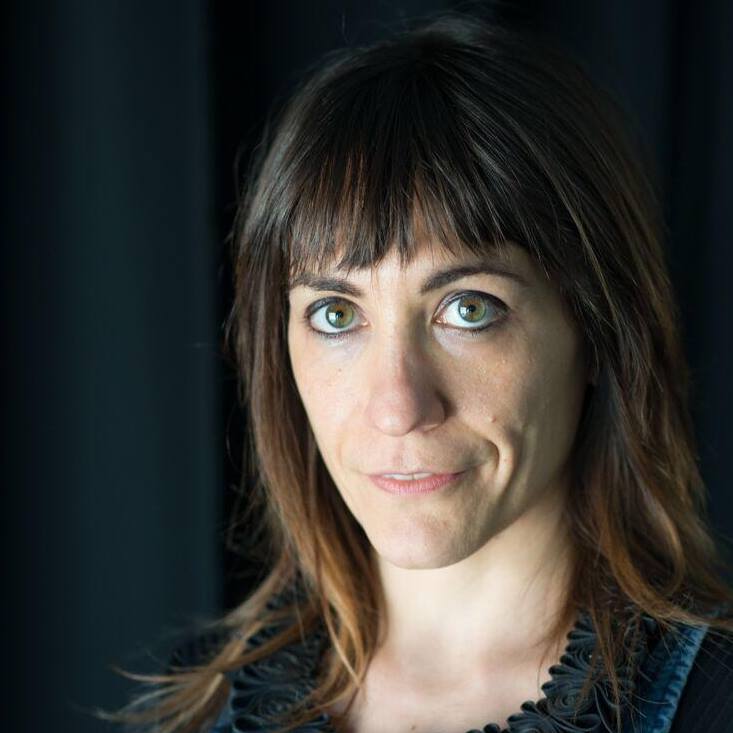
Panellist: European Conference episode
Rethinking participation strategicallyChiara Organtini is a curator and project creator passionate about interdisciplinary art and public space, from site specific interventions, digital experiments or participatory works that question traditional genres and spectatorship. For 12 years she was part of indisciplinarte, an organization that supports arts as an agent for urban change: she contributed to the development of CAOS Centro Arti Opificio Siri, a 6000 sqm multidisciplinary space based in a former factory in the post- industrial city of Terni and to the curation of Terni international performing arts festival. Since 2019 she joined Santarcangelo Festival specifically working on BEPART art beyond participation, a Creative Europe large scale European cooperation project investigating collaborative forms of art making and the ethics of participation. She is also part of C.U.R.A., a residency centre for artists and curators and she collaborates with WpZimmer, a residency space for artistic research and development in Antwerp. She is engaged in INSITU European platform for creation in public space and in the European project Reshape, researching the notion of civic imagination and in arts as a space to perform alternatives and in the curation of compelling experiences and contexts in which contents can be collectively generated.
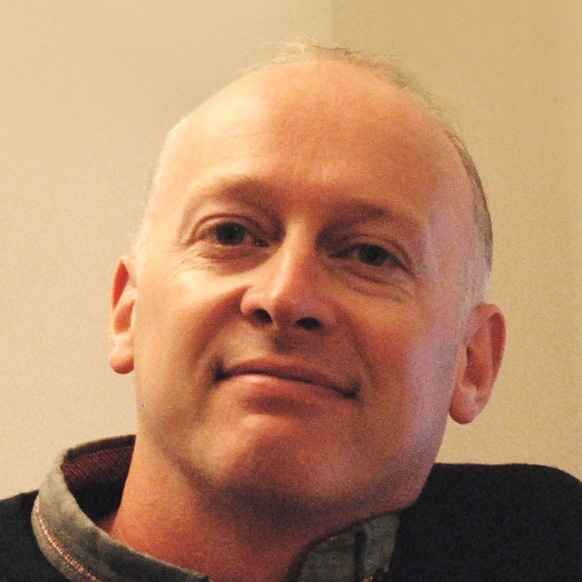
Panellist: European Conference episode
Rethinking participation strategicallyBen is Professor of Cultural Engagement and Director of Research and Innovation in the School of Performance and Cultural Industries at the University of Leeds (UK) and Director of the national Centre for Cultural Value. Prior to his academic career, Ben managed a small touring theatre company in Edinburgh before working as Operations Manager and then Producer at the National Theatre of Scotland. Between 2010 and 2017, Ben was engaged as an Artistic Assessor for Drama for Arts Council England. Since 2014 he has been the Academic Director of the Arts Fundraising and Philanthropy programme, which is now one of Arts Council England’s National Portfolio Organisations. He is currently leading the evaluation of the National Theatre’s Theatre Nation Partnerships programme and acts as Vice-Chair of Transform theatre festival in Leeds. Ben is a member of AHRC’s Peer Review College, an Advisory Board Member of Cultural Trends, and the Co- Editor of Arts and the Market. He has published widely in leading peer-reviewed journals on arts marketing, arts management, cultural policy and cultural value. His monograph Audience Engagement in the Performing Arts: A critical analysis was published by Palgrave Macmillan in 2019 and described by Professor Andy Pratt as “an exemplary text that brings current debates about audiences, cultural value and policy together in a critical engagement”.
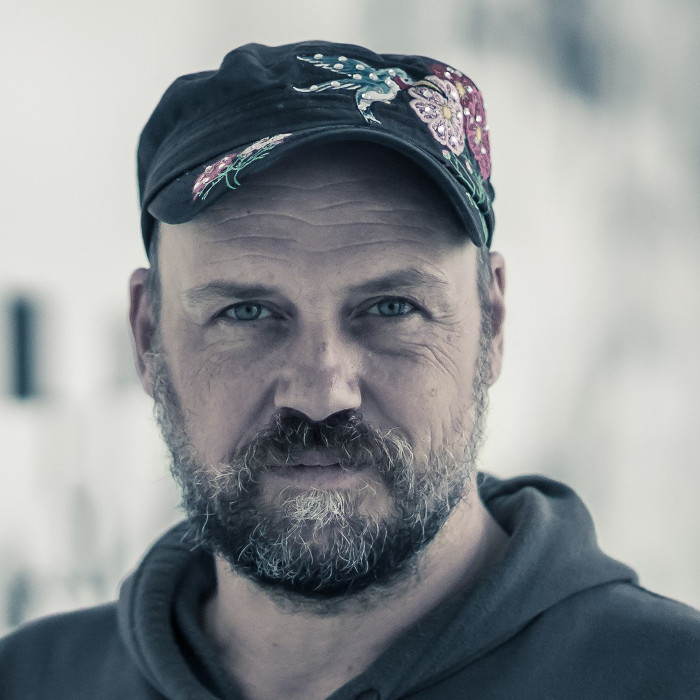
Panellist: European Conference episode
Rethinking participation strategicallyDaniel Wetzel is member of German-swiss artist’s label Rimini Protokoll based in Berlin. Since 2000, they have created more than 130 different works the fields of performing arts, live art, radio, installation. Central to their work is the further development of art and performing arts to allow for unconventional views on our reality. From the beginning the mode of participation of the visitors has been a key element for their experiments and developments, as well as the biography of what they call “experts in their own kind” - people usually detached from the fields of arts, whose experiences and participation had be material and reason for the major part of their theatre and radio oeuvre. His recent works include the lockup piece now that we meet again for theatres before they can receive larger amounts of audiences (Athens 2020), the site specific Utopolis (Manchester /Sankt Petersburg 2019), the video Safety Cards 2.0 (Athens 2020) and the cloud performance for teenagers Bubble Jam (Athens 2018). A 37 minutes introduction into their work by Daniel Wetzel can be watched here: Wtf is Life Art, Daniel? (password: factory)
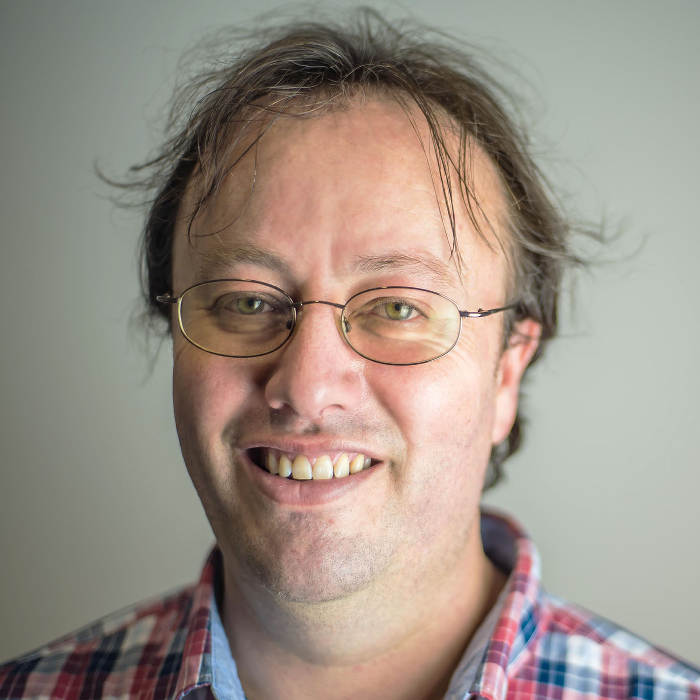
Chair: European Conference episode
Rethinking participation strategicallyJonathan Goodacre is a Senior Consultant at The Audience Agency in the UK and has 30 years’ experience of working in the arts, both as practitioner and as trainer and consultant. He specialises in evaluation, audience development and project management, especially in multi stakeholder transnational programmes. He is part of the evaluation team at The Audience Agency of Galway 2020 European Capital of Culture. As a partner in the Adeste+ Creative Europe programme, he is responsible for developing the Blueprint for innovative public engagement strategies. He was a contributor to the Engage Audiences EU commissioned study, an active participant of the ENCATC international evaluation series and a trainer for the European Diploma of Cultural Project Management (Association Marcel Hicter). In the UK, he specialises in evaluation and audience development consultancy and training, leading the Data for Evaluation series and working on cultural tourism, community participation, outdoor arts, festivals and local authority initiatives. He was co-author of ‘Turning the Tide’ (Momentum 2007) and a contributor to 'Sustaining Cultural Development' (Gower 2013) and 'Culture At The Edges' (Marcel Hicter 2014).
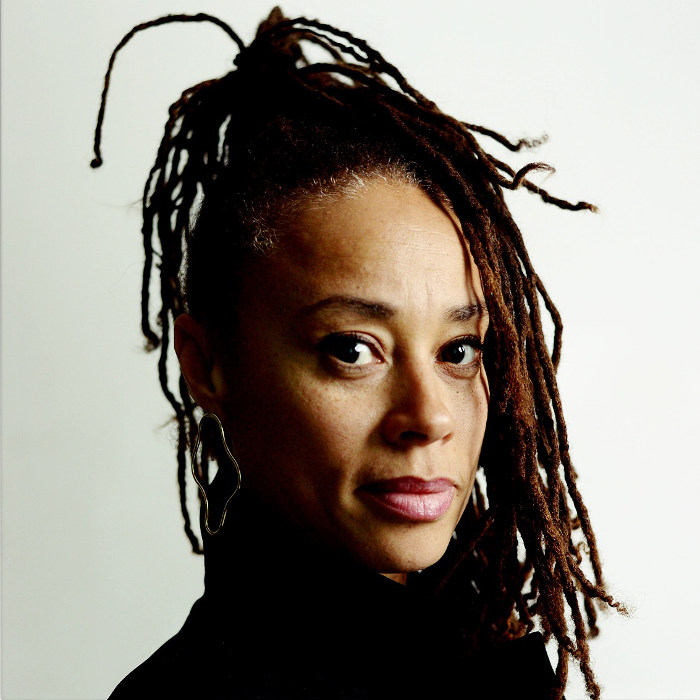
WorkLab Art Practice Presenter: European Conference episode
Rethinking participation strategicallyJeannette Ehlers is a Copenhagen-based artist of Danish and Trinidadian descent whose practice takes shape experimentally across photography, video, installation, sculpture and performance. She graduated from The Royal Danish Academy of Fine Arts in 2006. Ehlers’ work often makes use of self-representation and image manipulation to bring about decolonial hauntings and disruptions. These manifestations attend to the material and affective afterlives of Denmark’s colonial impact in the Caribbean and participation in the Transatlantic Slave Trade—realities that have all too often been rendered forgettable by dominant history-writing. In the words of author Lesley-Ann Brown, “Ehlers reminds all who participate in or gaze at her work that history is not in the past.” Ehlers insists on the possibility for empowerment and healing in her art, honouring legacies of resistance in the African diaspora. She merges the historical, the collective and the rebellious with the familial, the bodily and the poetic.
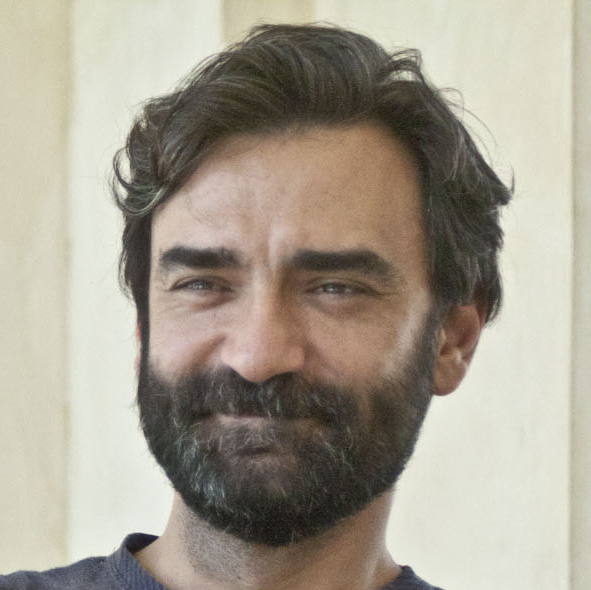
WorkLab Art Practice Presenter: European Conference episode
Rethinking participation strategicallyLanfranchi’s artistic and professional life started on stage, as an actor. After many years of experience with Italian and foreign directors he decided to set up a company, to develop a way of doing theatre able to question its own canons. He was lucky to meet amazing companions on the journey, with whom he has also developed strong friendships. He is curious by nature and a sponge when it comes to information. Sometimes, as he observes the reality around him, he gets ideas that he wishes to develop with other artists within the group. He loves to have fun with his work and knows that if he loses his sense of irony, then he has taken a wrong turn. When everybody’s eyes sparkle, he knows he is on the right track. His time is the present, the world is where he belongs, gratitude is his favourite feeling and human beings and the interactions amongst them, what he cares for dearly.
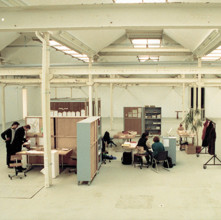
WorkLab Art Practice Presenter: European Conference episode
Rethinking participation strategicallySince 1993 and on invitation from different art institutions, WochenKlausur develops concrete proposals aimed at small, but nevertheless effective improvements to sociopolitical deficiencies. Proceeding even further and invariably translating these proposals into action, artistic creativity is transformed into interventions into society. Executing projects in a restricted time-frame - usually between three up to twelve weeks - the group has completed 41 projects in 27 years on invitation of various art institutions internationally. Notable projects include the creation of a mobile medical care clinic for homeless people in Vienna (Secession 1993); founding an agency for hands-on learning projects in Japanese schools (Museum City Project, Fukuoka 2000); establishing a new artist in residence program "Artistic Strategies in Psychiatry" for the Van Abbemuseum in Eindhoven 2016.
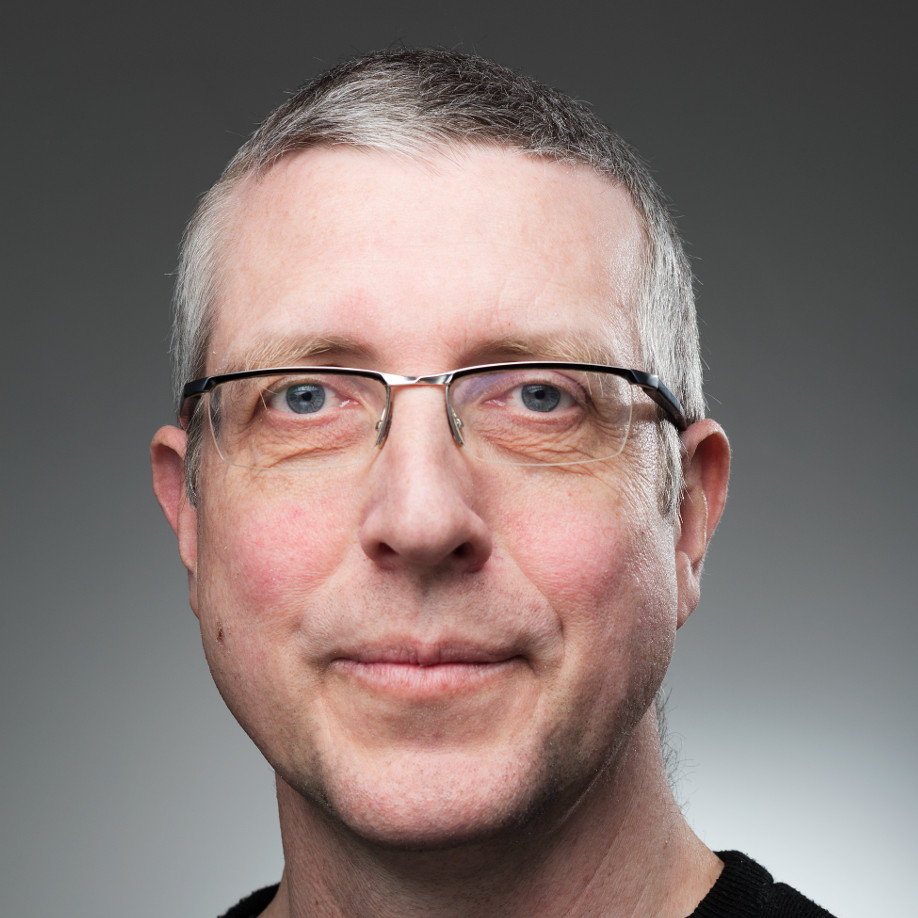
Panellist: European Conference episode
Tempestuous times – the crisis – recovery and changeNico Carpentier is Extraordinary Professor at Charles University in Prague; he also holds part-time positions at the Vrije Universiteit Brussel (VUB - Free University of Brussels), as Associate Professor, and at Uppsala University, as Senior Researcher. He is a Research Fellow at the Cyprus University of Technology and Loughborough University. Earlier, he was IAMCR Audience Section Chair (2010- 2012), ECREA Treasurer (2005-2012) and Vice-President (2008-2012), IAMCR Treasurer (2012-2016) and IAMCR Participatory Communication Section Chair (2016-2020). Currently, he is IAMCR president. His latest books are The Discursive-Material Knot: Cyprus in Conflict and Community Media Participation (2017, Peter Lang, New York); Cyprus and its Conflicts. Representations, Materialities, and Cultures (2018, co-edited), Critical Perspectives on Media, Power and Change (2018, co-edited), Respublika! Experiments in the Performance of Participation and Democracy (2019, edited), Communication and Discourse Theory (2019, co-edited) and Communication as the Intersection of the Old and the New (2019, co-edited).
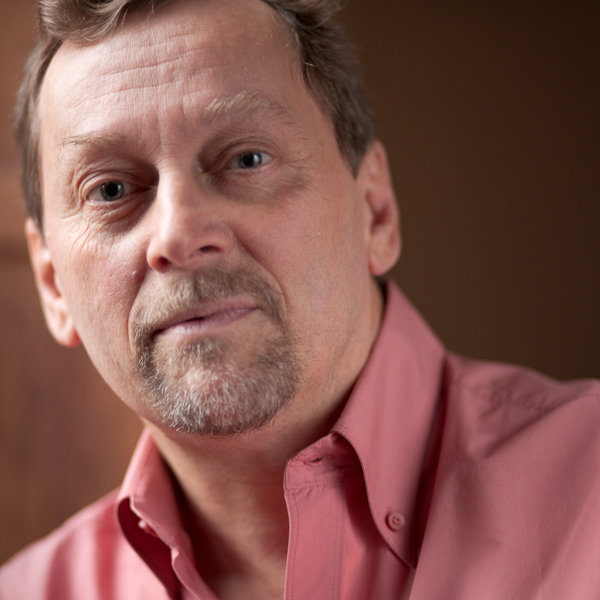
Panellist: European Conference episode
Tempestuous times – the crisis – recovery and changePrior to founding EmcArts, Richard held senior positions in performing arts management and philanthropy in the UK and the USA. His research, program design and facilitation emphasize organizational resilience and adaptive change in the arts and culture sector, and effective ways that individuals and organizations can lead change in complex adaptive systems. As a unique service agency, EmcArts designs and facilitates programs that support individuals, organizations and communities on their journey to becoming highly adaptive, as they take on their most complex challenges. Programs in the US and Canada include Community Innovation Labs, which integrate the arts into rigorous processes of local system change, as well as the multi-city New Pathways for the Arts initiative and Arts Leaders as Cultural Innovators (ALACI).
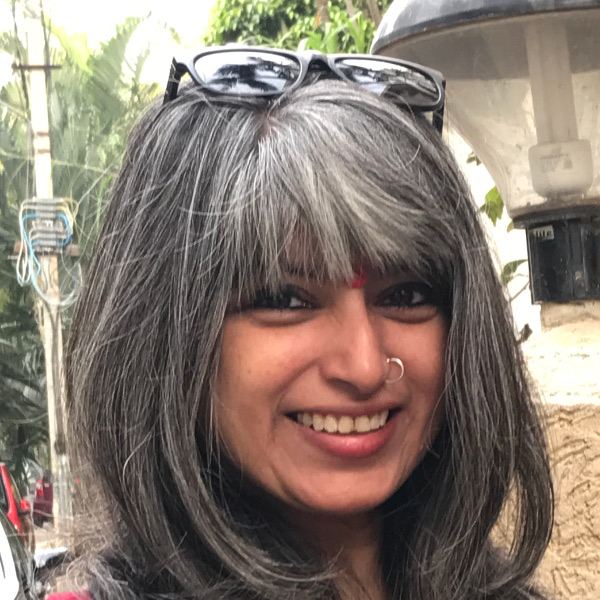
Panellist: European Conference episode
Tempestuous times – the crisis – recovery and changeArundhati Ghosh is the Executive Director of India Foundation for the Arts (IFA). She received recognition from several quarters for her work in the non-profit sector. In 2010 she received the Global Fundraiser Award from Resource Alliance International, the same year IFA won the ‘India NGO of the Year’ award. She is a recipient of the fellowship under Chevening Clore Leadership Awards in the United Kingdom (2015-2016) and of the Chevening Gurukul Scholarship for Leadership and Excellence at the London School of Economics in 2005. She is a Fellow of the Salzburg Global Seminar and a facilitator for their Young Cultural Innovators programme. She sits on various Boards and Advisory Panels including the Beyond Sight Foundation, Mumbai; The Seagull Foundation for the Arts, Kolkata; and The Museum of Art and Photography (MAP), Bangalore. She speaks and writes on arts and philanthropy for leading Indian and international non-profit and cultural networks including On the Move, Kelola Foundation, IFACCA, The Arab Fund for Arts and Culture (AFAC), Kultura Nova Foundation, among others. She has a Bachelor’s degree in Economics from Presidency College, Kolkata and a postgraduate degree in Management from the Mudra Institute of Communications Ahmedabad. She also has a degree in classical dance and is a poet in Bangla.
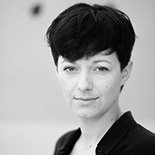
Panellist: European Conference episode
Tempestuous times – the crisis – recovery and changeOlga Wysocka is a political scientist and a culture manager. She has been the Deputy Director of Zachęta – National Gallery of Art since 2018. She worked at the Adam Mickiewicz Institute since 2008. Between 2009 and 2012, she was the manager of the International Cultural Programme of the Polish EU Presidency, as well as the manager of the Poland–Turkey 2014 project. She graduated from the Faculty of Political Science at the University of Warsaw and she also studied at the Freie Universität Berlin. She received her PhD in political science from the European University Institute in Florence, was a recipient of the Józef Tischner Fellowship from the Institut für die Wissenschaften vom Menschen in Vienna and she is alumna of the Leadership Academy for Poland. Since 2010, she has been teaching at, among others, Collegium Civitas, the National Academy of Dramatic Art, the Faculty of Journalism at the University of Warsaw and the Institute of Cultural Studies at the Adam Mickiewicz University in Poznań. She has authored multiple articles and studies on populism, democracy, and cultural promotion and management.
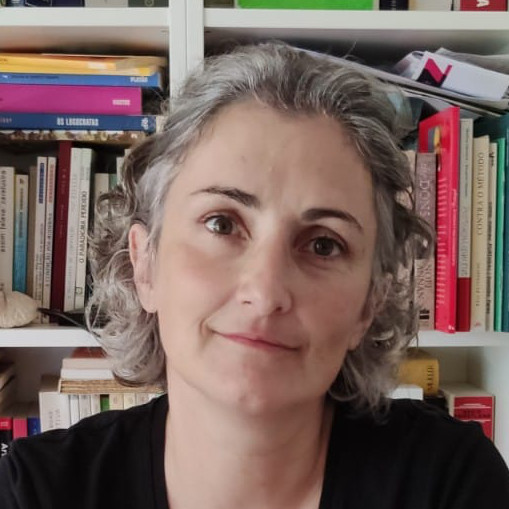
Chair: European Conference episode
Tempestuous times – the crisis – recovery and changeInês Bettencourt da Câmara created Mapa das Ideias with Ana Fernambuco in 1999. After 20 years, the Company is a reference in cultural mediation, management and merchandising development. Both founded non-profits HPP and A Reserve –for culture and social issues, entrepreneurship and education. Currently she is doing a PhD in Social Sciences, regarding the social relevance of museums and its potential for the visitors. She has been responsible for the development of museum mediation projects in Portugal, as well as within European projects. She is the author of several articles and whitepapers about museums and their visitors. Ines is a board member of the Portuguese Association of Museology and Culture Action Europe
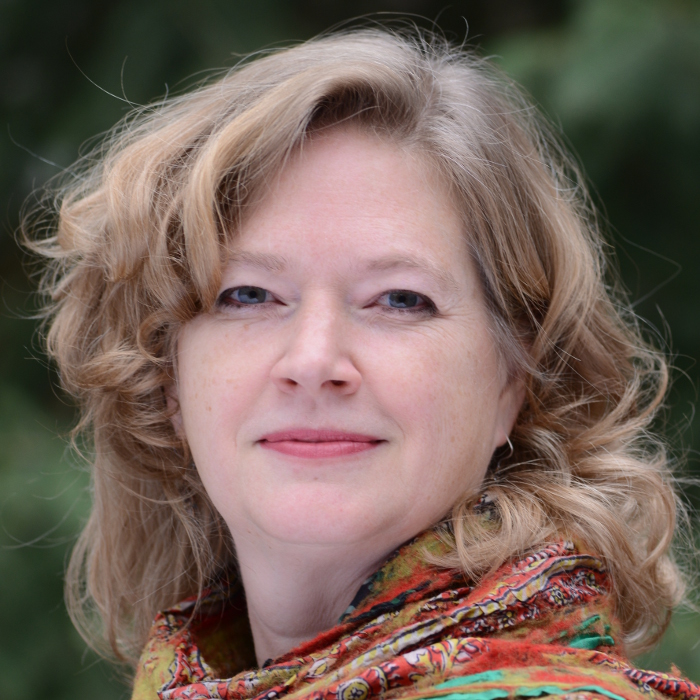
WorkLab Methodology Presenter: European Conference episode
Tempestuous times – the crisis – recovery and changeExcept for her first job, Melissa Dibble has always found herself in newly created positions, and she acknowledges she is most comfortable starting from scratch, building functional frameworks to support conceptual ideas. She graduated from Boston University in 1990 with a degree in flute performance, but decided not to pursue a performance career. Instead, she spearheaded community programs at the Pittsburgh Symphony and the St. Louis Symphony. She joined EmcArts in 2002, where she, in addition to serving as Managing Director until 2019, is a lead facilitator for many of EmcArts’ programs. She has worked with organizations large and small, in all arts disciplines, across North America. These organizational partnerships foster adaptive change by facilitating Innovation Teams across multi-month processes of exploration, experimentation and emergent new behaviors and practices include the Public Theater in New York City, Galveston Historical Foundation in Texas, Discovery Place in Charlotte, NC, and Tapestry Opera in Toronto, among many many others. She has also delighted in working with first time executive directors through EmcArts’ Arts Leaders as Cultural Innovators (ALACI) program in multiple cities, guiding their journeys to develop their adaptive leadership understanding and practices.
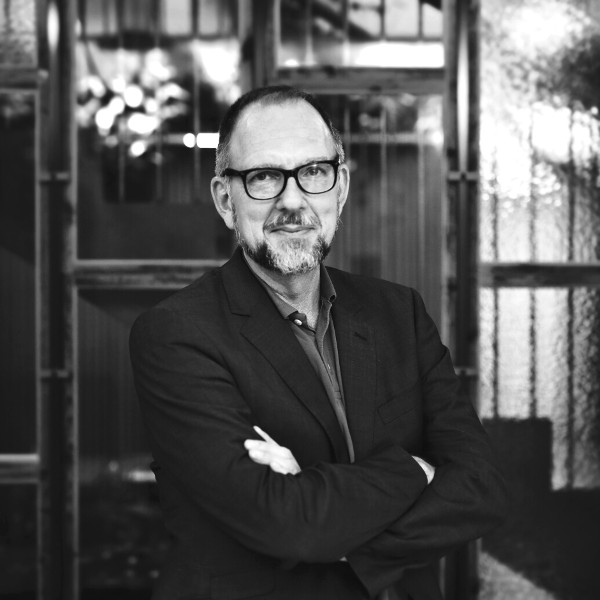
WorkLab Methodology Presenter: European Conference episode
Tempestuous times – the crisis – recovery and changeSøren holds a BA in Performing Arts Science, a MMD in Leadership and a PhD in Leadership in the Cultural Sector. He began in the early 90s producing and organizing cultural events, moved on to heading various cultural organizations and projects, and decided midway in his career that he needed to research the cultural field more thoroughly. This led him on to setting up management and leadership programmes for present and coming leaders in the field. He currently serves on the board of the Danish Film Institute, the Østerbro Theatre, Tempi, he chairs the board of Theatre Momentum, and he is a member of the Museum Council of the National Gallery of Denmark. Along with this, he's External Lecturer at Copenhagen Business School and his company culturaldemocracy.dk is extensively involved in national programmes for audience development.
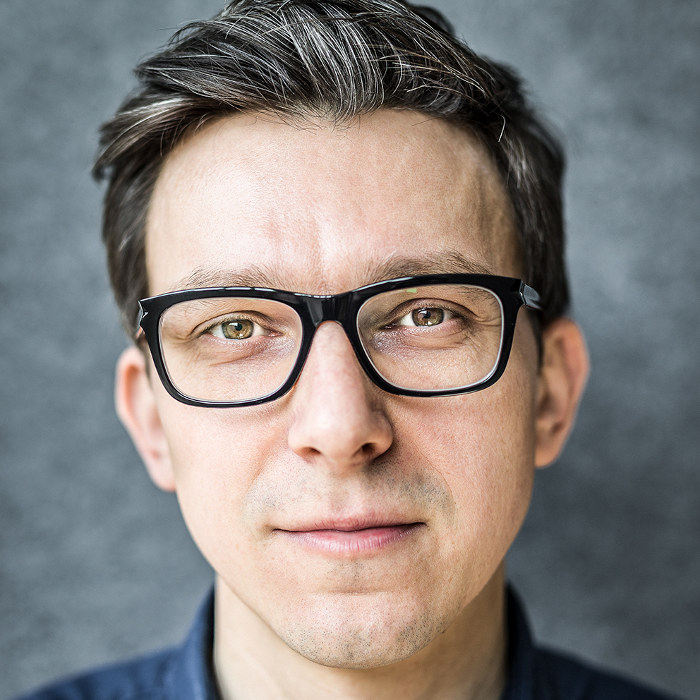
WorkLab Methodology Presenter: European Conference episode
Tempestuous times – the crisis – recovery and changeDr Marcin Poprawski is a researcher & lecturer at the AMU Adam Mickiewicz University - Institute of Cultural Studies (Faculty of Anthropology and Cultural Studies) and HUMAK University of Applied Sciences (Finland), lecturer of the European University Viadrina - Frankfurt (O.), University of the Arts Poznan, Heritage Academy of the International Cultural Centre & University of Economics in Cracow. He is an Expert of the Association of Polish Cities and of the NU Foundation, Director of the AMU Audience Development Postgraduate Diploma and Director of AMU ROK Culture Observatory research centre in Poznan; member of the editorial board of The Journal of Cultural Management and Cultural Policy (Fachverband Kulturmanagement / Friedrichshafen, DE). He is a director of the post-graduate training program on Audience Development offered from 2019 by the AMU Institute of Cultural Studies in cooperation with the City of Warsaw and the City of Poznan. He was a guest lecturer at DAMU Academy of Performing Arts in Prague (CZ), JAMU Janacek Academy of Music and Performing Arts in Brno (CZ). He was a Deputy Dean of the AMU Faculty of Social Sciences (2016-2019). His research & teaching interests are: organisational cultures in cultural, art and heritage institutions, festival management models, cultural policies, audience engagement, culture & sustainability, arts management & entrepreneurship, and finally, aesthetics in management studies.